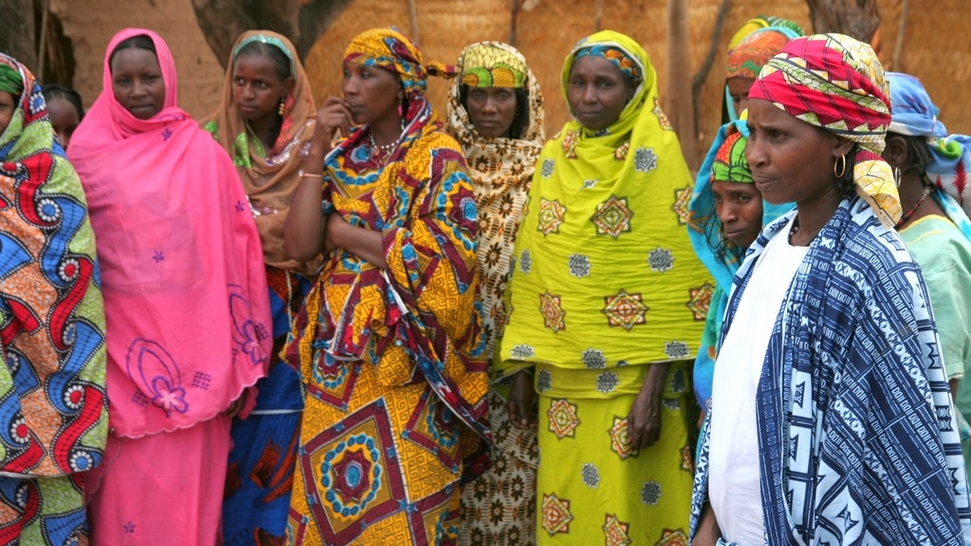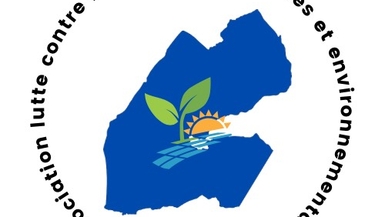Campaign Status
Ongoing Offline: The campaign is currently ongoing offline and, thus still in the process of collecting funds.
Summary
The campaign aims to provide training in poultry farming techniques and business management to 100 women, offer similar training to 10 men, 20 women, 5 disabled individuals, and 15 youths in animal husbandry. This effort will indirectly benefit 5,992 people in the surrounding villages.
Challenge
In Niger, women make up more than half of the country's total population, with the majority residing in rural areas and facing significant vulnerabilities due to challenging living conditions. In addition to their domestic responsibilities, which include tasks like fetching water, gathering firewood, and meal preparation, women actively participate in various socio-economic activities such as agriculture, livestock farming, handicrafts, and small businesses. They dedicate 16 to 18 hours of their day to these pursuits.
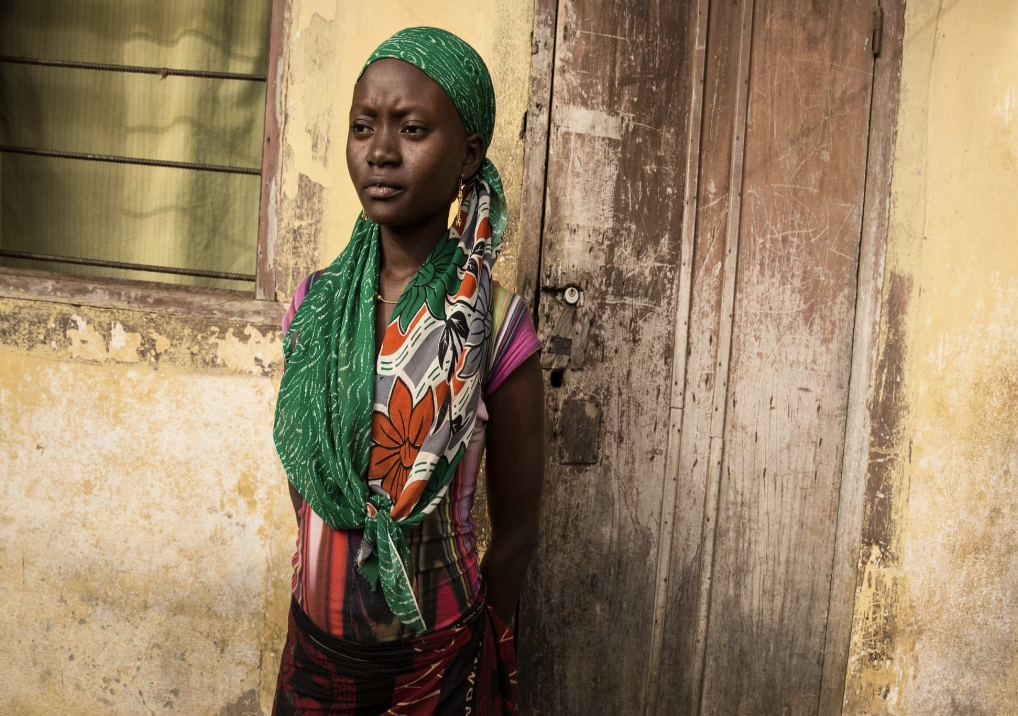
Despite their crucial roles, women are underrepresented in decision-making bodies and encounter numerous challenges in the areas of health, socio-culture, economics, and education. Of the 63% of Nigeriens living below the poverty line, 73% are female heads of households. Furthermore, women often operate in the informal sector, where they face difficulties in accessing credit.
The situation of women is further worsened by poverty, lack of education, and illiteracy. In Niger, illiteracy affects 91% of women compared to 82% of men. All these factors act as barriers to women's active participation in development, leading to their continued dependency.
Solution
Poultry farming plays a pivotal role in achieving food self-sufficiency and increasing income for rural women.
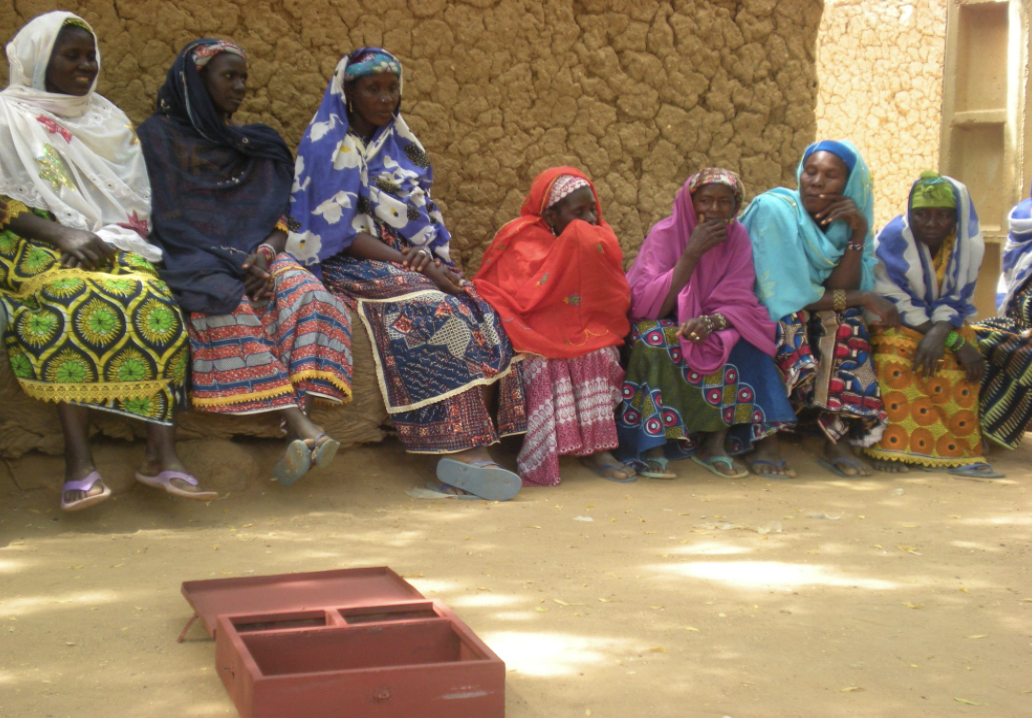
By empowering women, poultry farming serves as a source of both food (meat and eggs) and income for Nigerien producers, effectively contributing to food security and poverty reduction.
The production and marketing of guinea fowl present a significant opportunity for rural women to generate income, meeting their basic needs and those of their families.
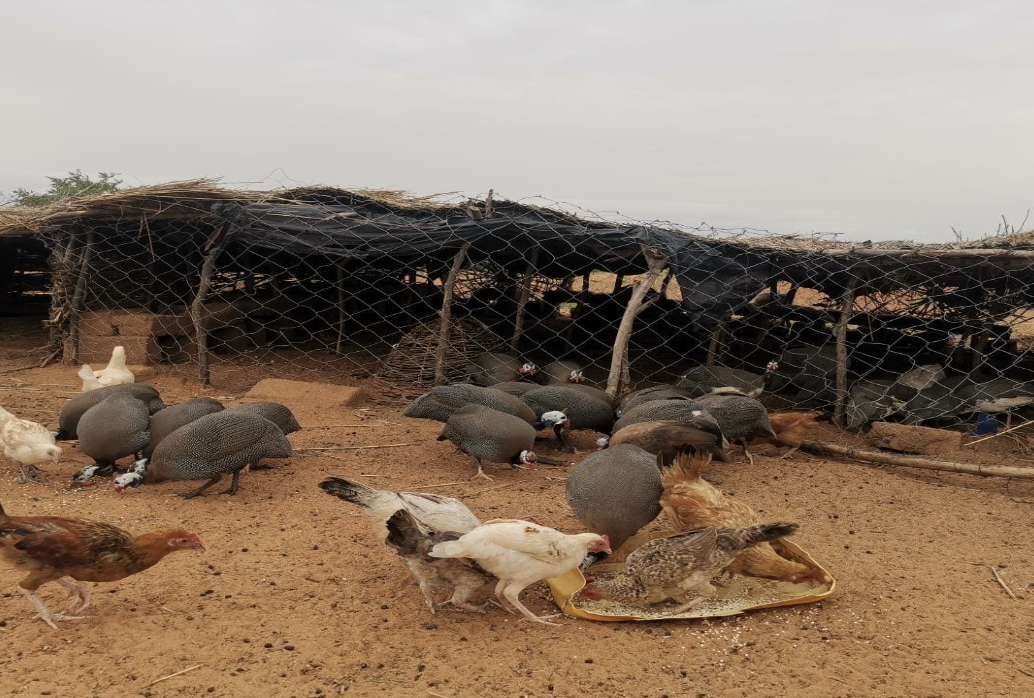
This project involves guinea fowl production and related products to consistently supply Niamey's restaurants and consumers with the best quality and prices. Additionally, it aims to produce day-old guinea fowl for poultry and cooperative sectors in surrounding villages.
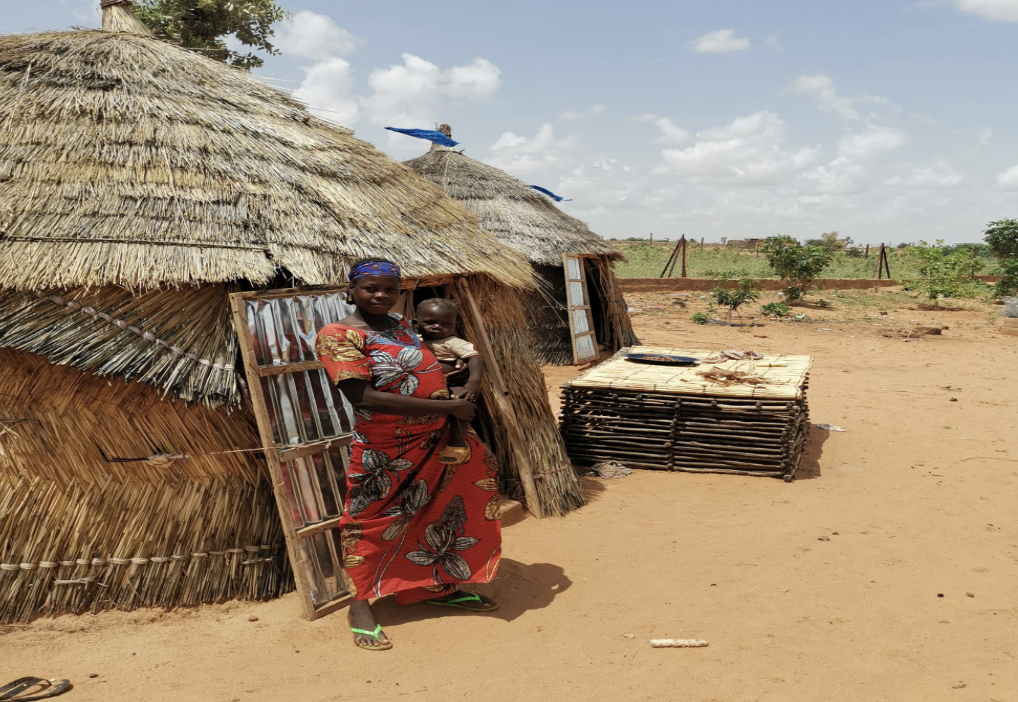
Through this project, we plan to promote modern poultry farming techniques and organize women into cooperatives. This will allow our school farm to increase its guinea fowl population from 48 to 500, along with egg production rising from 4,320 in the first year to 30,000 eggs and 60,000 eggs in the second year.
Providing training in poultry farming techniques and business management to 100 women, and offering similar training to 10 men, 20 women, 5 disabled individuals, and 15 youths in animal husbandry. This effort will indirectly benefit 5,992 people in the surrounding villages.
